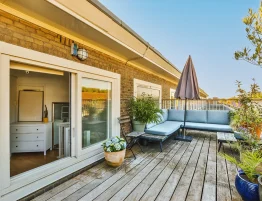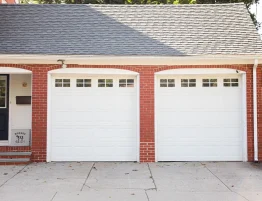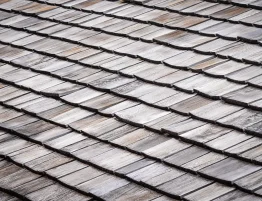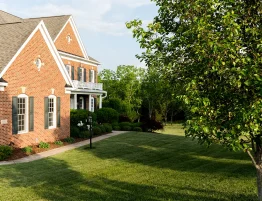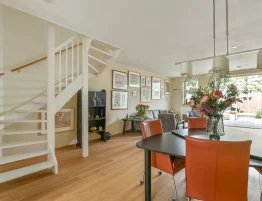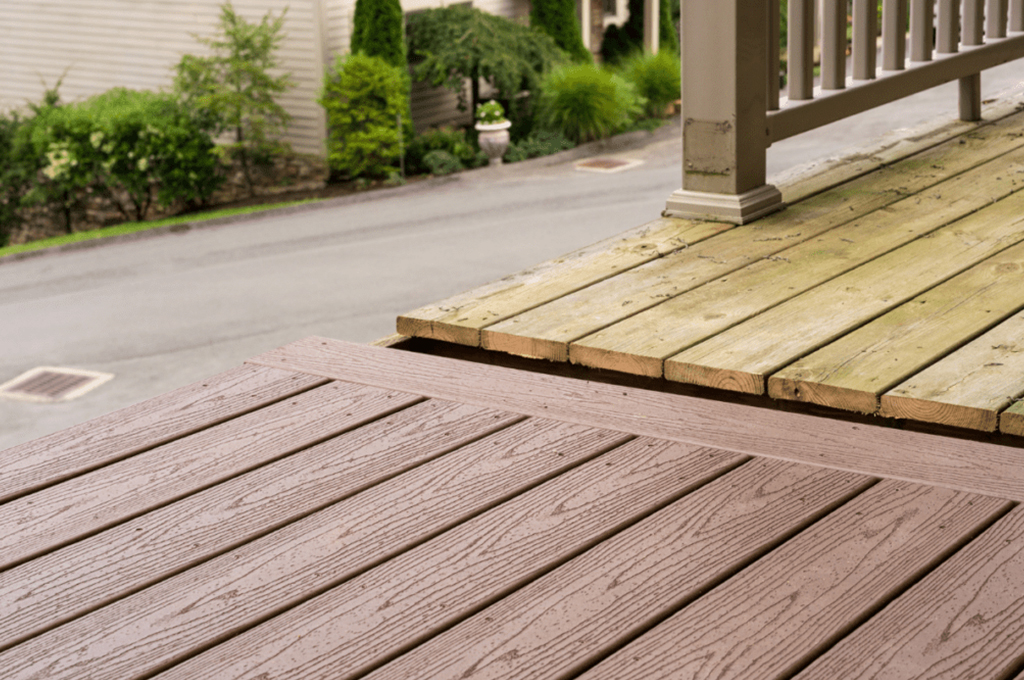
If you’re thinking about adding or replacing a deck, you’ll need to decide which type of material is right for your home. Two of the most common materials are wood and composite decking.
For most decks, the frame or structure will be constructed of pressure-treated wood. The decking surface and railings are what’s made of either wood or composite.
What is Composite?
You’re probably quite familiar with wood decking. It’s a proven option for decks and is available in economical pressure-treated pine or higher quality redwood or cedar.
On the other hand, composite decking is a relatively new product. It’s been around since the 1980s and is made from plastic, wood fibers, and some type of binding agent. The combination results in a heavier, denser deck board than those made of wood. You’ll see composite decking sold by brands like Trex and MoistureShield at home improvement stores and lumberyards.
Pros of Composite Decking
Maintenance and upkeep is the biggest advantage of composite decking. Unlike wood, composite only needs a good cleaning with soap and water a couple of times a year. Composite won’t warp, splinter, crack or rot. It generally lasts much longer than wood. Other pros include:
- Comes already colored so you don’t have to paint or stain
- Doesn’t absorb moisture
- Not prone to insect damage
- Stain-resistant surface
- Can be curved to create unique deck sections
- Lasts up to 50 years
Cons of Composite Decking
- More expensive than wood
- Some types heat up more than wood
- Some don’t look natural
Pros of Wood
The price of wood is definitely the biggest advantage over composite decking. Traditional pine decks cost between $15-25 per square foot installed. But even a wood deck made of cedar is less expensive than composite. Composite decks cost an average of $30-45 installed while cedar costs about $30 per square foot. Wood also:
- Looks more natural
- Feels natural instead of manmade
- Can last 30 years if well maintained
Cons of Wood
Despite being cheaper, wood does have its share of drawbacks. First, it requires upkeep to keep it in good condition. Otherwise, wood absorbs moisture, which leads to rotting, splintering, and cracking. After several years of use, the flooring isn’t comfortable to walk upon. Other cons include:
- Need to clean and seal yearly
- Need to sand, scrape, paint or stain every 2-5 years
- Prone to damage from termites and other insects
The decision between wood or composite deck comes down to your preference and budget. If you love the natural look of real wood and are willing to do the work to maintain it, perhaps natural wood is right for you. However, if you want a low-maintenance option that lasts decades, consider a composite deck.
When you’re ready to move forward building your new deck, give us a call. Diamond Hill Builders is a full-service deck design and construction company that will add comfort and improve the quality of your outdoor living space. We have built hundreds of wood and composite decks and can help you make the right choice, contact us today.



